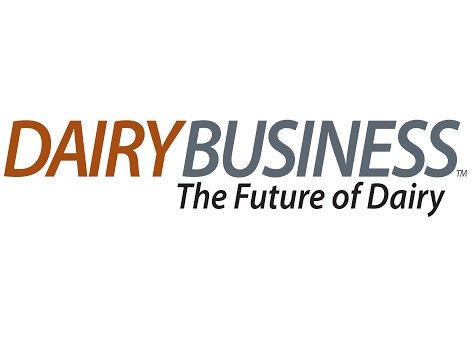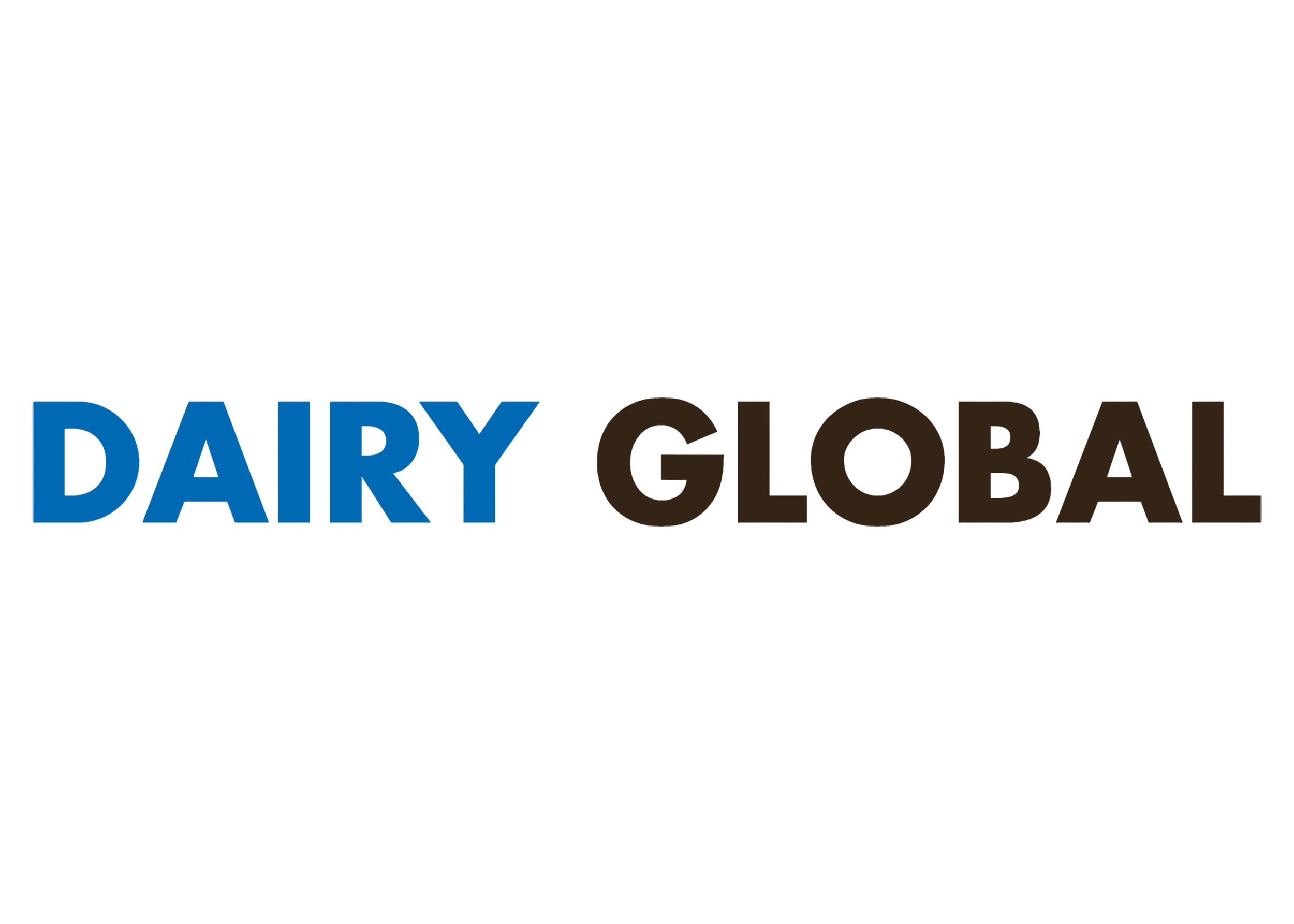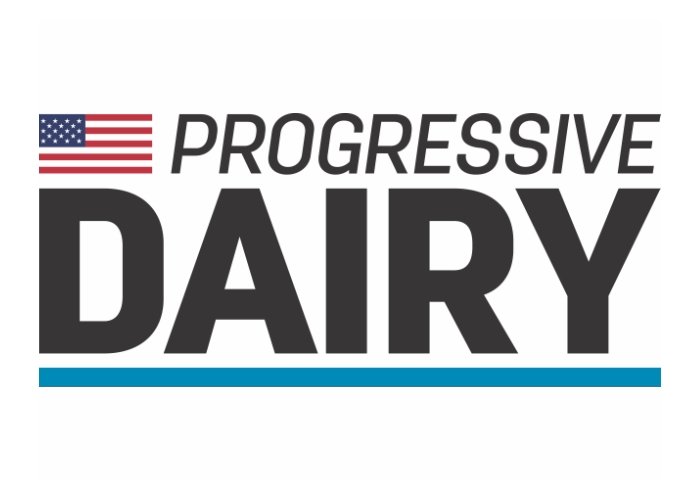HerdDogg's Bluetooth sensors help scientists make farming more sustainable
For decades, scientists have been working on ways to optimize crop production so we can better feed our growing population. By comparison, livestock farming has been to some extent left behind. But it’s catching up fast as wearable technologies capture data about animals so that ranchers and dairy producers can gain detailed insights into their health and wellbeing.
HerdDogg is leading the way here with its Bluetooth sensors that continually record an animal’s movements and whereabouts, capturing information about everything about their daily routines, reactions to pests, ovulation cycles, and even changes in behavior that may indicate an animal in distress.
These three projects show how HerdDogg is advancing the science of animal welfare
1. HerdDogg helps researchers combat pests at the University Of Wyoming
Haematobia irritans is one of the most economically important pests of cattle worldwide. Better known as the horn fly, and about half the size of a common housefly, this parasite is equipped with a piercing proboscis capable of penetrating cattle hide for the purpose of feeding on the cow’s blood. A research team at the College of Agriculture and Natural Resources at University of Wyoming is studying how horn flies parasitize different breed and types of bovines — and why some animals are more susceptible than others. The study is led by Dr. J. Derek Scasta, whose research includes several studies of animal behavior and its interactions with the natural environment.
ZingPR interviewed Dr. Scasta for the HerdDogg blog to learn more about how animal data might help him to develop a weapon to combat a cow’s battle with horn flies. And we learned a new term: panniculus reflex.
“I was really blown away by the smartphone interface, where we use these QR codes to pair up a tag with an animal. All from your phone. Believe me, when you’re actually standing among the cattle working facilities, trying to put tags on animals, you know, and do all the animal handling stuff, this needs to be super simple. HerdDogg has made this as efficient as it could be. It’s really great.”
2. HerdDogg joins WKU SmartHolstein Project to accelerate data collection and analysis for landmark genetic study
HerdDogg has joined the WKU SmartHolstein Lab program to equip scientists with real-time animal biometric data that is critical to understanding dairy cow health and wellbeing. The WKU SmartHolstein Lab is a strategic, synergistic partnership between Holstein Association USA and Western Kentucky University Department of Agriculture and Food Science. Its mission is to lead Holstein and dairy advancements through research, development, and outreach in technologies, analytics, and genetics.
This week, HerdDogg tags were affixed to each of the 55 Holsteins at the SmartHolstein demonstration and development farm in Bowling Green, Kentucky, where scientists are studying novel phenotypic traits using the latest technologies such as wearable technologies, computer vision powered by artificial intelligence, and milk-based biomarkers. The SmartHolstein team is examining the practical use of data for on-farm decision making, with additional analytics performed by AgriTech Analytics, a DHI dairy records processing center owned by Holstein Association.
ZingPR publicized the news to secure media coverage in the top ag trade publications read by dairy producers.
“With HerdDogg’s real-time animal biometrics sensors and cloud-based Animal Record Collection platform, our scientific team can efficiently gather incredibly accurate data that we hope will provide additional insights into each animal.”
3. Global Animal Partnership selects HerdDogg to power its dairy animal-welfare standard
As word spreads about HerdDogg’s reputation and capabilities, it’s attracting interest from organizations focused on advocating for better farming conditions that promote animal wellbeing. One such organization is Global Animal Partnership (G.A.P.), one of the largest animal welfare standards and labeling organizations in North America.
G.A.P just announced its new dairy standard and a partnership with HerdDogg. HerdDogg’s proprietary Animal Traceability Platform will make it easy for dairies and auditors to conduct animal outcome assessments using G.A.P. scoring tools throughout the certification cycle, enhancing the overall process and enabling G.A.P. to provide benchmarking.
G.A.P.’s multi-level standards impact the welfare of more than 400 million farm animals on nearly 4,000 farms worldwide by taking into consideration each animal’s health and productivity, natural living environment, and emotional well-being. G.A.P. is now bringing its multi-step standards to dairy, providing an accessible and implementable option for producers, companies, and brands.
With HerdDogg and G.A.P., dairy producers can now document that they meet the criteria for high standards of animal welfare, and proudly display the G.A.P. logo on their products —in turn empowering consumers vote with their wallets and support sustainable farming.
“HerdDogg’s partnership with G.A.P., the very first animal welfare program to adopt our technology, establishes a new standard for the digital capture and analysis of animal welfare metrics. We are thrilled to be a part of this as a significant step towards the overall improvement in farm animal care and reporting accuracy while reducing a producer’s time spent completing paperwork.”






